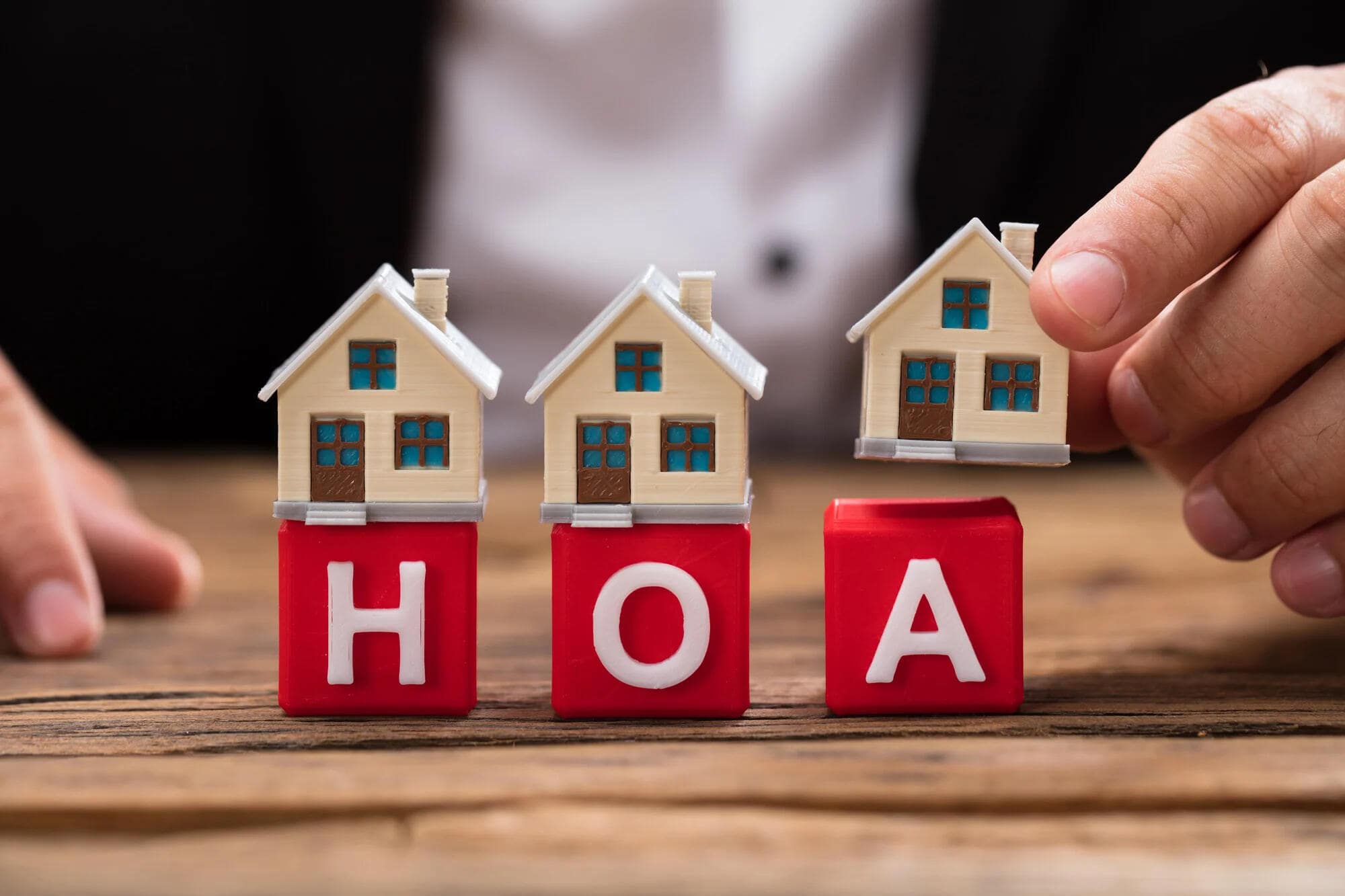HOA associations shape the living spaces of countless families. Their main goal is to boost property value while fostering community harmony. The HOA board members carry significant responsibility, working in the interest of community members and adhering to legal and financial frameworks.
Read on for an article that highlights the legal and financial responsibilities of HOAs and explains how an HOA ensures members follow these guidelines.
Enforcing the Rules
The HOA board's main responsibility is enforcing rules. A significant challenge for HOA management is ensuring consistent enforcement of community rules and regulations. Avoiding accusations of favoritism or bias is crucial for an HOA community.
So, the HOA must demonstrate fairness. While they have some freedom in choosing rules, the HOA board of directors must ensure no community rules conflict with federal, state, or local laws. For instance, an HOA community must always follow the Fair Housing Act to avoid legal issues.
The dispute resolution process must be transparent, with clear steps for appeals. This not only ensures harmony in HOA living but also reduces the chances of external legal intervention in HOA property matters.
Looking After Common Areas
The HOA is responsible for maintaining common areas. This enhances the community by providing amenities like pools, playgrounds, and clubhouses, and increases local housing prices.
However, the HOA has a legal obligation during inspections. They must comply with health, safety, and accessibility standards.
Hazards must be identified and fixed to prevent harm to community members. If someone gets hurt due to poor maintenance, the HOA could face a lawsuit.
Common areas should be accessible to those with special needs and disabilities. Features like wheelchair ramps are necessary. Failure to comply could lead to legal challenges.
Keeping up with maintenance benefits the HOA by preventing costly lawsuits and ensuring potential issues are identified early. It's cheaper than more expensive repairs later on.
Financial Responsibility
A key duty of the HOA is the proper budgeting of community funds. The HOA board must create annual budgets with accurate projections of the HOA community's income and expenses. Naturally, these projections should consider routine costs and have an emergency budget for unforeseen expenses.
HOA finances must be transparent, requiring detailed documentation on budget expectations and financial statements. This fosters trust and accountability within the HOA community. Not only should financial records be accessible, but there should also thorough records of how the HOA management made financial decisions.
This ensures funds are properly accounted for, and any discrepancies can be traced back to those responsible in the HOA board of directors.
Good Governance From the HOA Board Is Crucial
In conclusion, joining the HOA board involves various legal, financial, and administrative duties. The HOA's main goal is to maintain property values, but they must also adhere to local laws and be transparent with finances. By diligently fulfilling their responsibilities, the HOA board creates a thriving, compliant, and fiscally responsible community.
Good HOA governance isn't always easy, and PMI Tampa is here to help with decades of experience assisting HOA boards in governing their communities effectively. Contact us today to discuss how we can help your HOA board provide top-notch governance to your HOA community.


